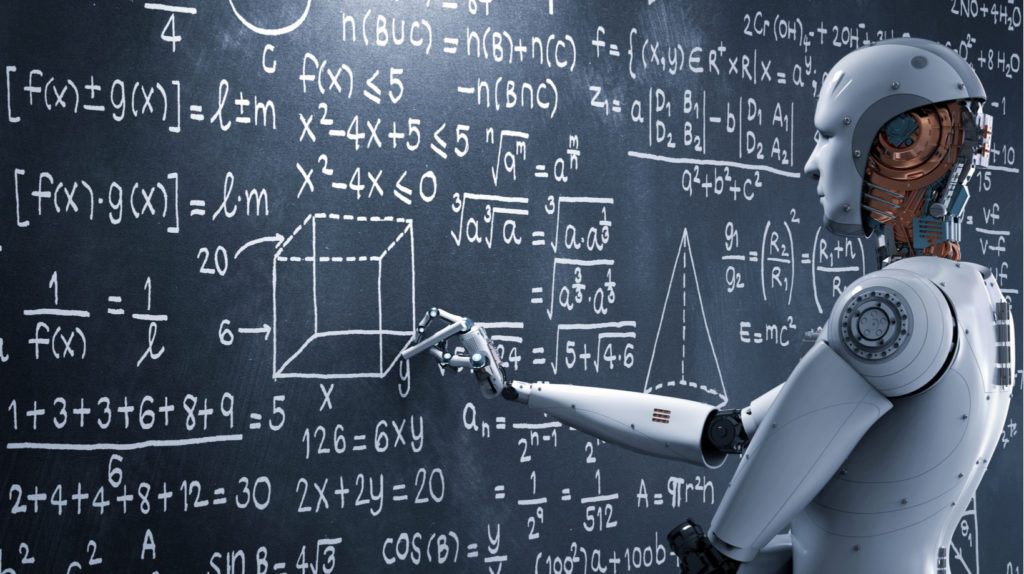By Tatiana Litta, Year 11
A contentious topic of debate in the world of education at the moment is how artificial intelligence is transforming education, and how it is affecting both students and teachers. While some critics have argued that the implementation of AI into education is a slippery slope, and is merely encouraging students to cut corners, it does offer some advantages in terms of increasing efficiency, providing an alternate source of information, and preparing students for the real world (which one could argue is the greatest aim of education). Surely it is better to attempt to educate students on the proper usage of AI, rather than avoid it altogether.
First of all, what connects the advent of calculators and the rise of AI? Very similarly, when calculators were first introduced in 1623, people feared that they would lead to a decline in basic maths skills and weaken people’s mental computation abilities. Over time, the general perception of calculators has shifted, they are now seen as an essential tool that is necessary to complex mathematics, rather than a burden to our everyday life. In the last couple of years, AI has had a growing influence on our everyday lives which we often fail to register. AI can perform tasks that would previously have required human intelligence, such as analyzing patterns and data, problem-solving, and understanding complex sentence structures.
What many are not aware of is that AI is split into two main types: Narrow AI and General AI. Narrow AI is the most common, and it is usually designed to perform a “narrow task” such as facial recognition, automatic driving, and Google searches. In contrast, General AI can understand, learn, and apply its intelligence in various situations, and can adept through processing a prodigious amount of information, similar to our brains processing information, and synthesising it to come to a conclusion. However, AI can be split into various subsets, such as machine learning and deep learning, which reminds us that it is not (yet) too similar to the human brain.
Given the rapid rise of widely available AI programs, schools in particular are struggling with AI as they struggle to adapt their assessment methods in conjunction with the constantly improving technology. However, AI should be looked at as a tool rather than as a cheating mechanism. If students learn to use it in a proper and responsible way, it can be completely beneficial to both one’s learning and using one’s time efficiently. For instance, you can use AI to tutor you on a subject you are unfamiliar with or struggling with through chatbots or smart tutors. You can additionally use it to do practice tests, by simply putting in your level and the subject you would like to be tested on. Even for teachers, AI can be useful; by saving time on grading simple tasks such as quizzes and tests, teachers can subsequently spend more time on giving qualitative feedback. AI can also be used to create additional teaching resources or practice tests for students by creating training or resource programs based on their style of teaching.
However, while AI does add significant advantages to student efficiency and to our common educational environment, it also brings with it negative aspects that can impact the everyday lives of students. For many students, over reliance on AI can lead them to be dependent on this technology, lowering their critical thinking and problem-solving skills which are crucial in exams and interviews, as well as leading to a decrease in motivation for self-motivated learning, which is also highly important to developing one’s interests outside of school, and in developing one’s independence and critical thinking skills. Finally, these AI tools often collect large amounts of personal data from students, raising various security issues around data protection of minors, although thankfully schools are putting in place agreements to protect their stdunets data from being collected.
AI is a powerful tool, and we must learn to use it correctly. Much like the calculator, AI has to be modified to benefit us, rather than addict us to quick and simple answers, and leading to indolence in our everyday lives.



